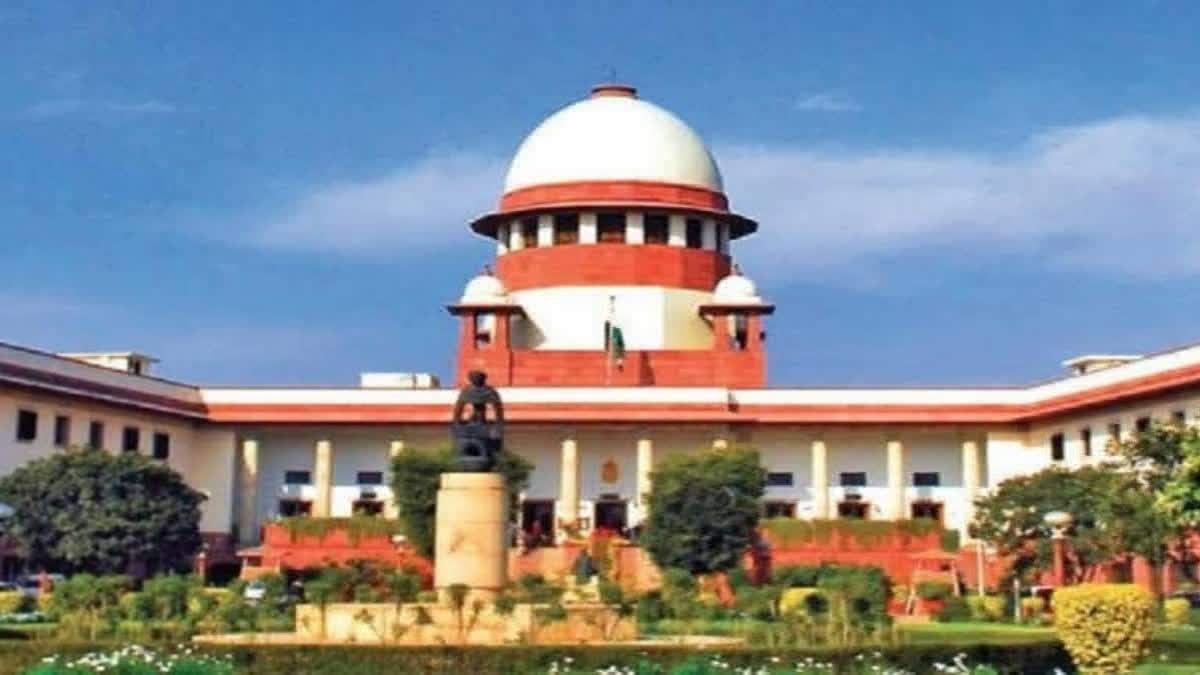New Delhi:The Supreme Court has said that bail conditions should not be tantamount to deprivation of civil rights and stressed that the fundamental purpose of bail is to ensure the presence of the accused during the investigation and trial.
A bench comprising justices CT Ravi Kumar and Sandeep Mehta said that the apex court has consistently emphasised that the court's discretion in imposing conditions must be guided by the need to facilitate the administration of justice, secure the accused's presence and prevent the misuse of liberty to impede the investigation or obstruct justice.
The bench noted that the apex court in Dilip Singh vs State of Madhya Pradesh and Another (2021), laid down the factors to be taken into consideration while deciding the bail application. “The factors to be taken into consideration while considering a bail application are the nature of accusation and the severity of the punishment in the case of conviction and the nature of the materials relied upon by the prosecution; reasonable apprehension of tampering with the witnesses or apprehension of threat to the complainant or the witnesses; the reasonable possibility of securing the presence of the accused at the time of trial or the likelihood of his absconding; character, behaviour and standing of the accused; and the circumstances which are peculiar or the accused and larger interest of the public or the state and similar other considerations”, noted the bench, in the judgment delivered on October 25.
Citing a judgment Parvez Noordin Lokhandwalla vs State of Maharashtra and another (2020), the bench observed that the discretion of the court has to be guided by the need to facilitate the administration of justice, secure the presence of the accused and ensure that the liberty of the accused is not misused to impede the investigation, overawe the witnesses or obstruct the course of justice.
The apex court made these observations while allowing an appeal against a judgment delivered by the Madhya Pradesh High Court. The High Court had directed the accused to remove a wall at their expense and also the state government to hand over the possession of the disputed property to the complainant. The appeal was filed by appellants Ramratan alias Ramswaroop and another person, questioning the conditions for their bail.
The apex court noted that the issue that requires its attention is whether the High Court exceeded the jurisdiction conferred upon it by Section 439 CrPC by imposing onerous and unreasonable conditions unrelated to the grant of bail, to be specific, the direction for removal of the wall at the expense of the appellants and handing over possession of the disputed property to the complainant.
The apex court concluded that the high court had exceeded its jurisdiction in para 7 of the impugned order by imposing the conditions of demolishing the wall at the expense of the appellants and handing over the possession of the disputed property to the complainant.
